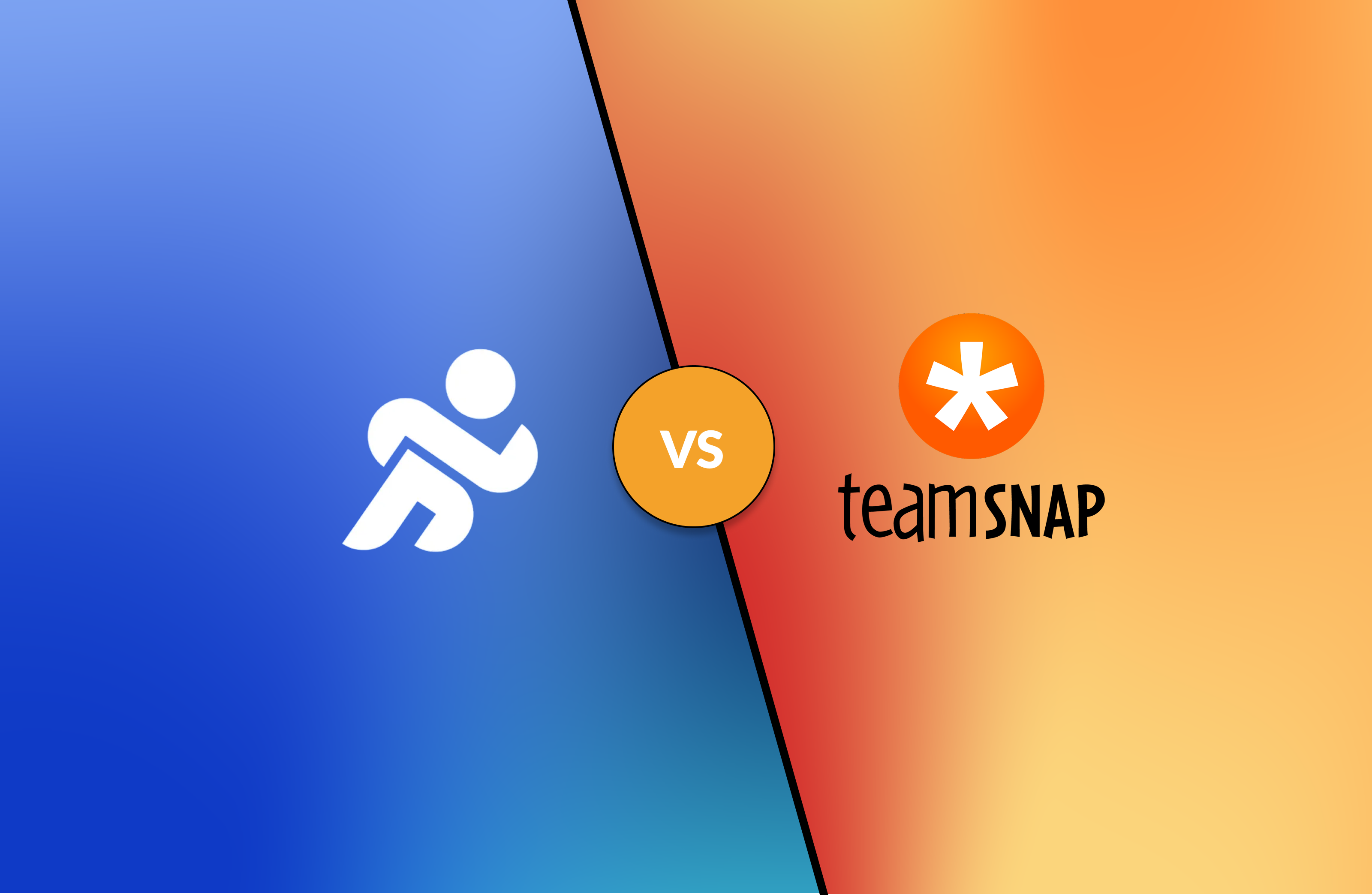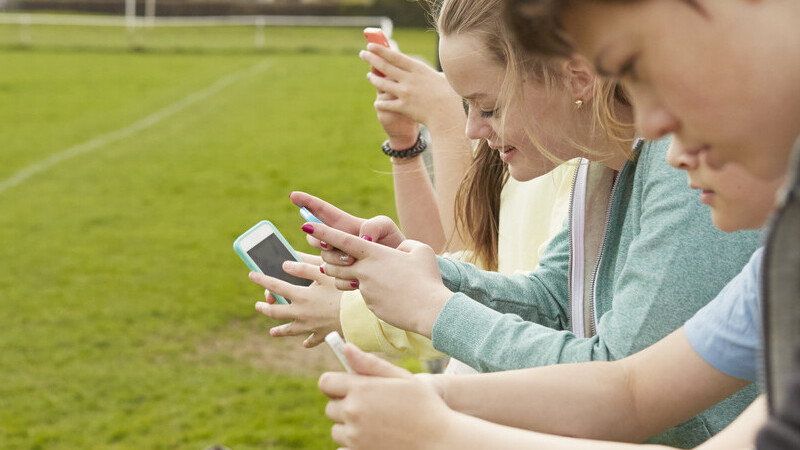6 reasons why sport improves your child’s performance at school

If you’re a parent, you know how hard it can be to help your child with homework. But if you’re also a sports fan, you know it’s actually pretty easy. The ways to succeed in sports are similar to the ways to succeed in learning at school: consistency, practice and diligence. Playing a sport has many hidden benefits for your child’s academic performance. In fact, there are so many reasons why taking part in a sporting activity is beneficial to your child’s school life.
Why does sport improve school performance?
There is a misconception that devoting time to an extracurricular or community physical activity will have a negative impact on students’ academic performance due to lack of time to study.
However, several studies have shown that there is a positive link between sport and the brain’s cognitive functions. In fact, physical activity helps to improve cerebral and cognitive functions by increasing blood flow to the brain. Participation in sport therefore has a positive impact on students’ academic performance and efficiency.
Indeed, taking part in a sport requires concentration, rehearsal, remembering techniques, discipline and learning new things every day. The sporting skills associated with determination and goal orientation can be transposed academically. This will have a positive impact on your child’s academic performance.
Setting goals
Sport teaches children to be disciplined and to set goals. Of course, setting goals helps your child to concentrate, to be more productive and to be more organized. By setting goals, your child will also be more efficient. These are important skills both in the field and academically. That’s why practicing a sport improves academic results by strengthening your child’s ability to learn.
Boosts self-confidence
Playing sports boosts children’s self-esteem, as they learn that they can achieve their goals if they try hard enough. Of course, exercise also improves mood, which helps your child to be in a more positive frame of mind. What’s more, activity makes you feel better both physically and mentally.
As a result, your child will not only have much more confidence in his or her abilities, but also be in a better frame of mind to learn. Success in sport will make them realize that they can do just as well at school. In short, physically active students generally have higher levels of confidence, self-esteem and self-worth.
Better class participation
Students who take part in school and extracurricular physical activities show greater academic commitment. As a result of better concentration, your child will be much more attentive in class. As a result, he’ll be more inclined to participate in class and ask questions. This, in turn, will deepen his or her understanding of the subject matter.
Improves concentration
Regular physical activity has a positive relationship with attention levels in class. In fact, if your child practices a sport a few times a week, his or her attention span will tend to be higher. As a result, this improved concentration will have a positive impact on school performance by increasing the student’s ability to concentrate, assimilate and remember the material being taught. What’s more, sport promotes sleep, so your child will be able to concentrate fully at school the next day.
Reinforces self-discipline
Sport teaches your child to respect the rules of the game. What’s more, by taking part in a sporting activity, your child will have to make the efforts associated with this activity, such as attending practices and games assiduously, in addition to going to school and doing his or her homework. Obviously, this requires a certain amount of discipline. As your child’s schedule gets busier, it will be essential to find a balance between honing his or her academic and athletic skills. This will also have a positive effect on learning how to manage time.
Encourages teamwork
Sport not only strengthens social bonds, it also encourages teamwork. Sport is an activity that brings together a group of young people of the same age after the school day. It teaches your child teamwork, courage, confidence and responsibility to achieve a common goal. It’s also a great way for your child to make friends.
What’s more, being part of a team with their classmates allows them to recognize each other’s skills, perspectives, experiences, passion and knowledge. They learn essential skills such as respecting each other and making good decisions on behalf of the team.
In short, sport is a wonderful way to help your child acquire important life skills. It can also help improve their academic performance, as they’re more likely to have better concentration and self-esteem when they play sport regularly. If you want your child to thrive at school and in life in general, make sure that sport is part of their daily routine.
Karl Demers



